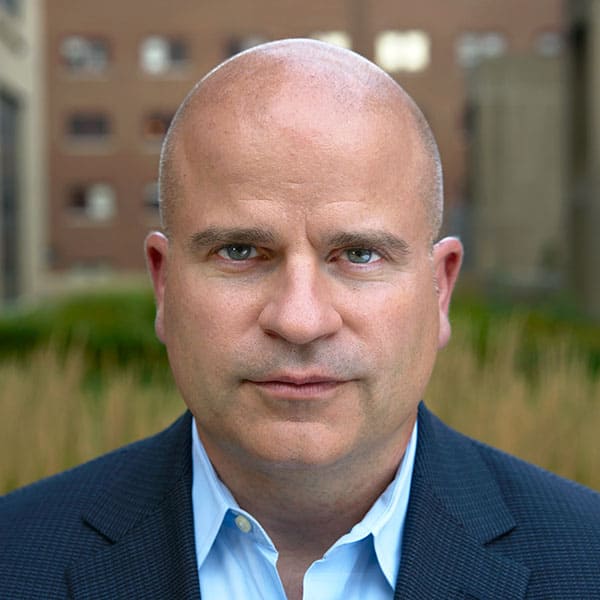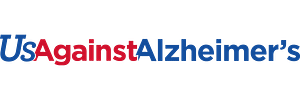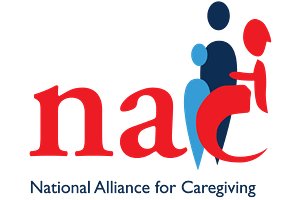Health Equity Task Force
The PHCOE-DC Health Equity Task Force works across the Center to ensure health equity is centered in its programs, research, tools and resources, and leadership.
In collaboration with our Public Health Center of Excellence at large, the team focuses on accessibility, inclusion, and empowerment among all communities, including Black, Latino, Indigenous and American Indian persons, Asian Americans and Pacific Islanders, and other people of color; members of religious minorities; lesbian, gay, bisexual, transgender, and queer (LGBTQ+) persons; persons with disabilities; persons who live in rural areas; and persons otherwise adversely affected by persistent poverty or inequality.
The Health Equity Task Force helps the Center and its partners identify, develop and disseminate culturally tailored and dementia caregiver-centered support to public health shareholders. It also provides feedback on the Center’s engagement strategies to ensure the inclusion of diverse and minority-serving shareholders.

































